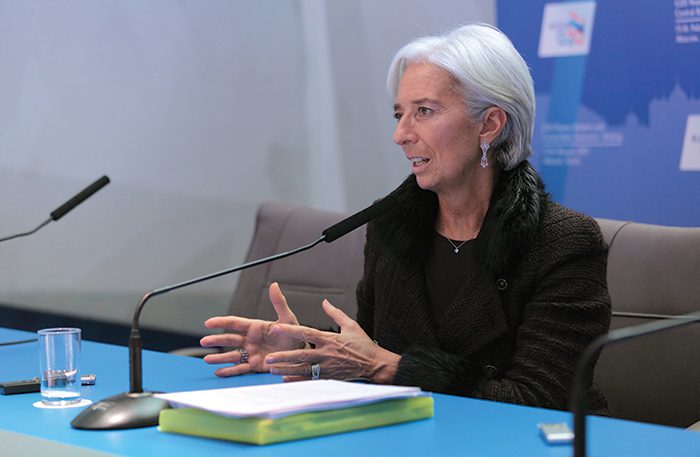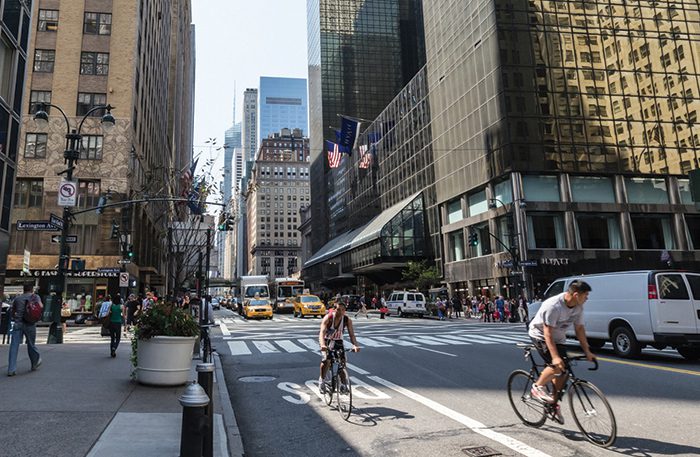Veolis CEO and chairman Antoine Frérot has called for a carbon tax at the United Nations Climate Change Conference in Paris (COP 21) on 7-8 December, adding his name to a roster that in October was joined by IMF head Christine Lagarde while Shell CEO Ben van Beurden also appeared to adopt a much stronger advocacy stance for the measure.
In comments made at an event held by Veolia in London in October, he presented a carbon tax as indispensable if COP21 is to achieve its aims of capping the global temperature rise to 2ºC.
“Polluting is currently free, whilst decontaminating is expensive,” he said, in comments reported in Waste Management World. The unfairness of this could be tackled via a carbon tax to incentivise businesses to move to circular economy practices and renewable energy. The money raised could also be invested in sustainable technology and used to reward those achieving wins in the effort to become carbon free.
He pegged the appropriate level at e30 to e40 per tonne of CO2.
Now is the time, says IMF
At an IMF-World Bank meeting in Lima in early October, IMF head Christine Lagarde also supported the measure, and emphasised the need to get the pricing right. It is “just the right moment” to introduce such a tax, she said, “and just the right time to eliminate energy subsidies.”

Such a measure could raise up to $100 billion by 2020, she said, funds that could help poorer nations implement climate change mitigation plans. “Buffers” could be created, to help offset the effects of an unforeseen financial crisis.
Around 40 coutnries and 20 cities, states and regions have so far adopted carbon pricing, or are expected to do so, according to a report released in early October by the New Climate Economy. These cover 12% of global emissions, triple the coverage of a decade ago.
The report highlighted the economic and environmental pay-offs so far enjoyed by some of these regions. The nine US states to have adopted the approach – participants in the Regional Greenhouse Gas Initiative (RGGI) – have performed better than others economically, growing 0.4% more from 2009-2013, while reducing their emissions significantly.
The report also said 437 major companies have so far adopted an internal carbon price. At the Veolia event Frérot said his own firm was establishing one, which aims to price carbon at 31 per tonne by 2030.
Frérot said the first priority should be to ensure pricing is robust and predictable. It was also essential that the EU provide leadership on the issue. This would make EU goods more expensive but it might be possible to offset this using a carbon customs duty on goods entering the EU.
Shell’s van Beurden called on governments to implement the tax at an energy trade association meeting in October, framing it as essential to foster more investment in clean energy and natural gas at the expense of coal.

Now is not the time, says UN chief
On 27 October UN climate chief Christiana Figueres stated that the COP21 negotiations will not be able to agree on a global carbon price, as reported in The Guardian. She cited the difficulties of bringing together different carbon schemes from countries around the world. Such a measure would make investment easier “but life is much more complex than that”, she said, in comments that suggest a carbon tax is a measure whose time may not have come just yet, at least not in Paris next month.
Inequality intervention
Speaking in early November French economist Thomas Piketty proposed that individuals rather than states should be liable for the CO2 they emit.
He said that income inequality is more and more closely linked to inequalities in CO2 emissions, in comments reported on the news site EurActiv. He expected COP21 to accept the likely unwillingness of the US to adopt an ambitious approach, limiting the scope for development in poorer parts of the world. The richest 1% in places like Europe, the US and the Middle East emit more than 2000 times as much as the poorest in places like Central America, a fact that ought to be reflected in the carbon pricing model chosen.







